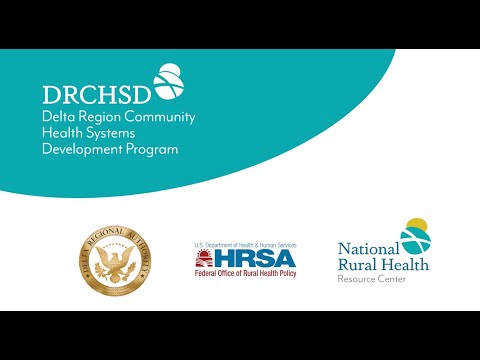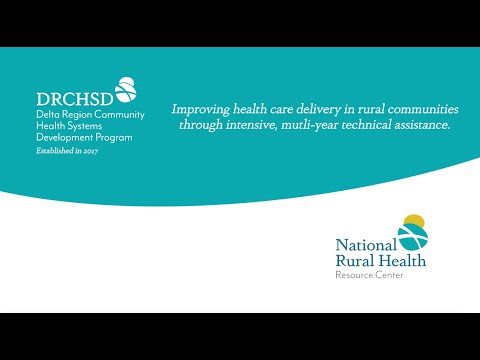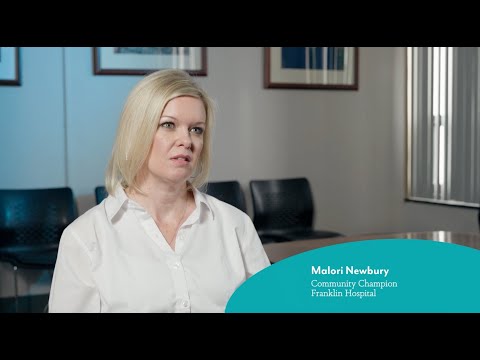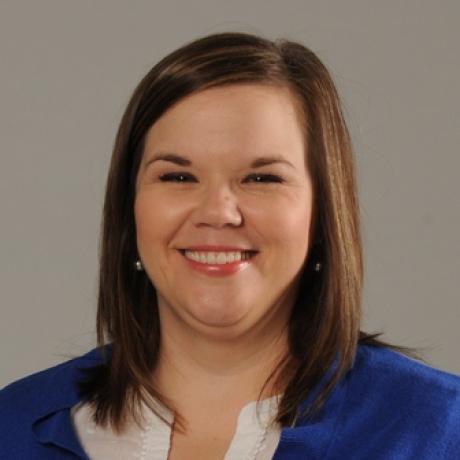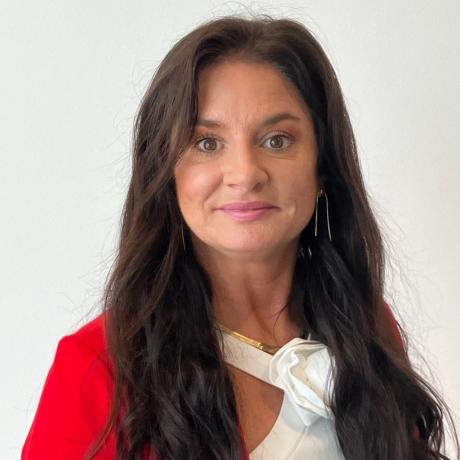The Delta Region Community Health Systems Development Program supports participating health care organizations and their communities as they make in-depth health system enhancements.

Delta Region Community Health Systems Development (DRCHSD) Program
The DRCHSD Program helps rural Delta communities to address health care needs and strengthen the local health care system through comprehensive technical assistance.
Featured Stories
The Delta Region of the U.S. — which includes parts of eight states (Alabama, Arkansas, Illinois, Kentucky, Louisiana, Mississippi, Missouri and Tennessee) — is known as one of the most historic and culturally rich parts of the country. But it’s also an area that has a history of economic and social challenges, including access to quality health care.
Since 2017, the Delta Region Community Health Systems Development (DRCHSD) Program — funded by the Health Resources and Services Administration’s Federal Office of Rural Health Policy, in partnership with the Delta Regional Authority, and administered by the National Rural Health Resource Center — has worked to maintain the stability of the region’s health care facilities, ensuring rural residents have much-needed access to care.
The DRCHSD Program works with health care leaders and providers to identify their community’s health care needs and strengthen health care delivery through direct support in the areas of financial and operational efficiency, quality improvement, telehealth, community care coordination, population health, emergency medical services, and workforce recruitment and retention.
There's always something new on the horizon that you need to change and adapt for; the Delta Program helped us grow financially to be more sustainable so that we can adapt in the future. That fresh set of eyes has been invaluable.
Over a three-year period, participating hospitals, clinics and other health care organizations and their communities receive a range of technical assistance services — one-on-one consultations with subject matter experts, assistance in developing a community care coordination plan, participation in assessments and feasibility studies, guidance in developing and implementing telehealth services, and access to educational and training sessions — all provided at no cost and with the goal of helping the organizations to make in-depth health systems enhancements to implement best practices, build partnerships, and collaborate for sustainability.
Since the program’s inception, 68 health care organizations have participated.
